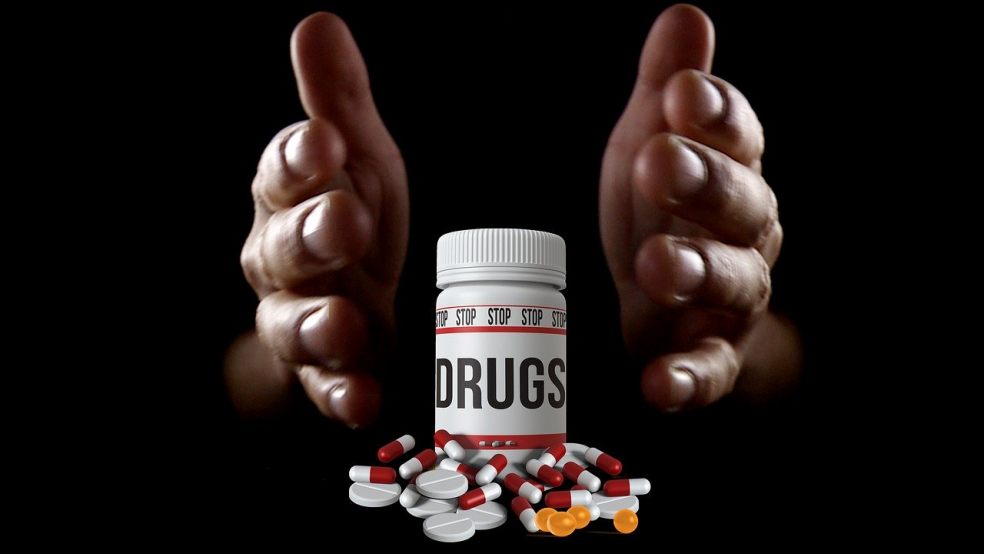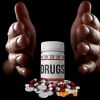
Addiction Psychiatry: Now available in all areas
Addiction rates have recently begun to climb steadily with increased economic stresses resulting from the COVID-19 pandemic. Luckily, help is available in most major North American cities from practitioners who specialize in addiction psychiatry.
What is Addiction Psychiatry?
Addiction psychiatry is a part of the psychiatric field that focuses on the evaluation and treatment of individuals with substance abuse disorders. These disorders can often occur concurrently with other types of psychiatric and mental health disorders.
Individuals trained in addiction psychiatry can also identify other concurrent substance abuse or mental health disorders in patients.
Other names for addiction psychiatrist include addictions psychoanalyst, addiction therapist, psychotherapist, and addiction clinician.
Addiction Psychiatrist Vs Other Types of Therapists
An addiction psychiatrist is a certified medical doctor who is trained to provide healthcare services to those struggling with addiction. In contrast, an addiction psychologist is not a medical doctor, and cannot prescribe medications. They can provide counselling, including 12-step programs, CBT techniques, mindfulness therapies, family therapy, and group therapy. Addictions counsellors are also non-licensed medical professionals.
Types of Addictions Treated
Often, addiction psychiatry treats various types of addictions. These include:
- Alcohol – Alcohol addiction can result from a variety of sources, including general life stressors, such as work, family, or legal problems. It can also result from catastrophic events, such as man-made terror, or natural disasters, such as hurricanes or tornadoes. In addition, it can also result from trauma and various types of abuse, as well as being part of an oppressed social group, facing racial or ethnic stress. The immediate effects of alcohol include impaired judgement, slurred speech, blurred vision, and blacking out. The long-term effects include liver damage and disease, high blood pressure, increased risk of stroke, gastric ulcers, and sexual dysfunction.
Physical symptoms of alcohol abuse include slurred speech or difficulty communicating, appetite loss, insomnia and other sleep problems, anxiety, mood swings, depression, shakiness and tremors, chronic fatigue, as well as memory loss.
Behavioural symptoms of alcohol abuse include financial stress, legal troubles, deceitful behaviour, drinking in risky situations, giving up hobbies, and increased interpersonal conflict.
- Amphetamines – Amphetamines are known for their addictive properties and high potential for drug abuse. Some examples include Adderall, which is a mix of amphetamine and dextroamphetamine.
Physical symptoms of amphetamine abuse include dilated pupils, weight loss, and appetite loss.
Behavioural symptoms include paranoia, manic highs, legal and financial problems, as well as risky behaviour.
- Methamphetamines – Methamphetamine abuse and addiction is on the rise. Similar to amphetamines like Adderall, methamphetamines are illegal substances, manufactured by mixing several ingredients. Other names include crystal meth, ice, and speed.
Methamphetamines are addictive because they cause short-term euphoria, increased alertness, energy, and productivity. Physical symptoms of methamphetamine abuse include appetite loss, weight loss, crawling sensations on the skin, deterioration of teeth, uncontrolled body movements, and death.
Behavioural symptoms include hallucinations, insomnia, paranoia, anxiety, risky behaviour, and increased conflict with others.
- Benzodiazepines – Benzodiazepine addiction results from abuse of depressant drugs that affect the central nervous system. Some examples include Ativan, Klonopin, and Xanax.
Physical symptoms of benzodiazepine addiction include racing heartrate, blurred vision, muscle aches, physical tremors, and physical weakness.
Behavioural symptoms include panic, manic behaviour, lying, social withdrawal, and financial difficulties.
- Opioids – Opioid addiction often involves substances, such as heroin or fentanyl, as well as oxycodone.
Some examples of physical and behavioural symptoms include giving up activities, social withdrawal, running out of medications early, cravings, and withdraw.
Benefits of Addiction Psychiatry
There are many benefits to addiction psychiatry. Some examples include diagnosis of mental illness, which may be the underlying cause of the addiction or may be exacerbating symptoms. Addiction psychiatrists can help individuals find the root cause of their addictions issues, and give them tools to overcome them, without relapsing.
Talk therapy allows patients to identify triggers and develop coping mechanisms for their sobriety. Some examples include Cognitive Behavioural Therapy (CBT), which helps patients change their thoughts, behaviours, and feelings.
On final benefit of addiction psychiatry is medication therapy. An addiction psychiatrist is able to prescribe suitable medication and manage doses to help a patient taper off their addiction. If used correctly, medication can greatly aid patients in their road to recovery.
Addiction Psychiatry Therapies Offered
Addiction psychiatrists offer a variety of services and therapies. These include counselling services, groups therapy, staging interventions, diagnosing and evaluating laboratory tests, administering medications, managing prescriptions, managing patient records, and developing recovery and follow up plans.
How to Find an Addiction Psychiatrist
Addiction psychiatrists who treat the abovementioned types of addiction issues are now easier to find than ever.
Google reviews is a great start, along with websites with client testimonials. Asking friends, family, and coworkers is another option. If individuals do not feel comfortable approaching those in their immediate circle, approaching community centres or religious organizations is an anonymous option.
It is imperative that the addiction psychiatrist holds a medical degree, such as and MD, and has completed a residency program. These psychiatrists should also hold a license, and be certified members of a relevant board.
Cost of Addiction Psychiatry
The cost of addiction psychiatry varies, often depending on geographical area, expertise and reputation of the psychiatrist, as well as severity of addiction. At times, an initial consultation will cost $500. In general, fees can range from $100 to $300 per hour.
Certain addiction psychiatrists take health insurance plans, so do not hesitate to ask. It is also recommended to call your health insurance provider and inquire if they offer any coverage for mental health services.
In addition, do not hesitate to ask about sliding scale services. Some addiction psychiatrists charge based on patient income. This means that for individuals who earn a small income, the hourly rate can be significantly lower than for someone with a much higher income.
Another way to cut costs is to opt for generic versions of prescribed medications. Finding the perfect addiction psychiatrist is now easier than ever. Do not hesitate to contact one today.




















